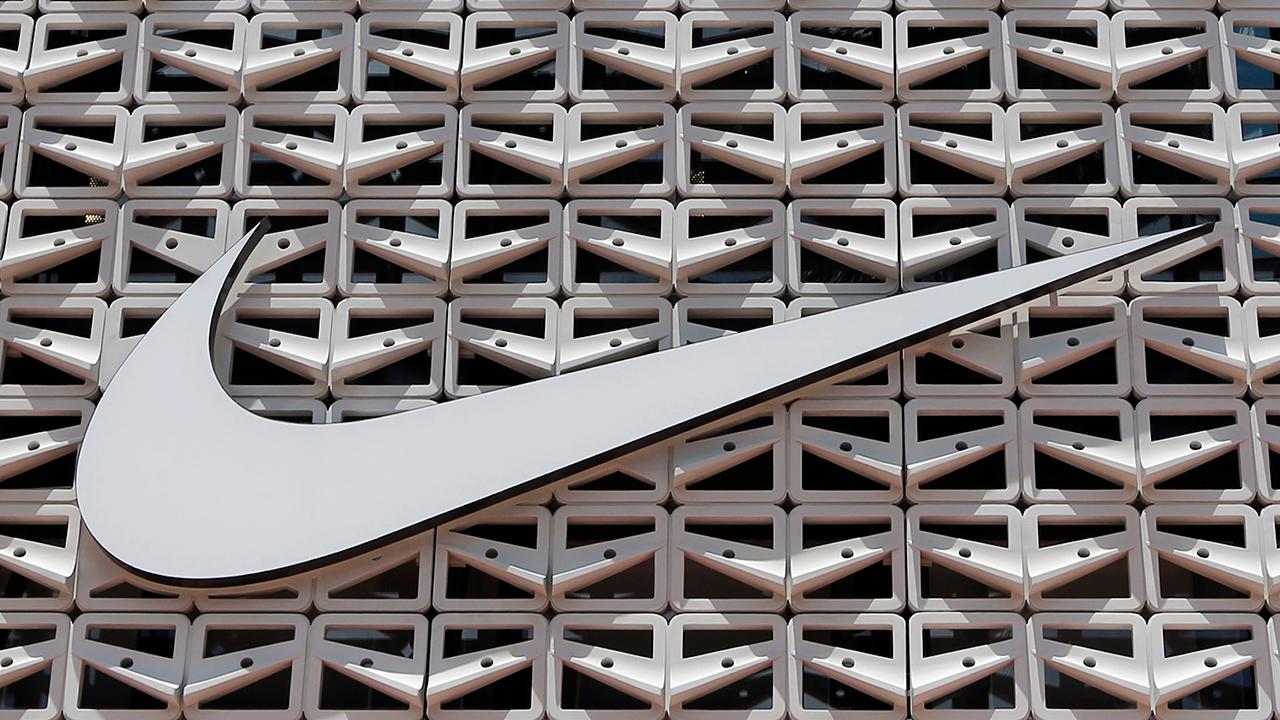Nike CEO Mark Parker faces another threat amid doping scandal
Newly surfaced evidence of Nike CEO Mark Parker’s direct knowledge of a company-backed running coach’s work with performance-enhancing substances this week marked the latest of several scandals that have tarnished the company’s strong financial performance under his leadership.
Parker was one of several top Nike executives briefed on experiments performed by running coach Alberto Salazar and Nike-backed doctor Jeffrey Brown, according to documents related to a U.S. Anti-Doping Agency investigation obtained by the Wall Street Journal. The revelation came months after concerns raised by female employees about a toxic workplace led Parker to acknowledge “behavioral issues” among some company executives, several of whom departed their posts.
The Nike executive also drew scrutiny over the summer after several Nike-sponsored female athletes said they faced financial penalties if they missed performance goals due to pregnancy. The company subsequently changed its policy.
At present, it’s unclear of Parker’s conduct in relation to the investigation into Salazar and Brown will impact his standing at Nike, where he has served as CEO since 2006 and overseen steady financial growth. Nike announced last year that Parker would remain as its chairman, president and CEO “beyond 2020.”
Nike shares fell nearly two percent in trading Tuesday, but were up more than 25 percent so far this year. The company topped Wall Street’s expectations in its most recent quarterly earnings report and reported revenue of more than $39 billion in fiscal 2019.
Stocks In This Article:
The USADA declined comment on its findings regarding Parker’s knowledge of the situation.
In a ruling by the American Arbitration Association after the USADA investigation, Salazar and Brown each received four-year bans for “orchestrating and facilitating prohibited doping conduct” while working on behalf of the Nike Oregon Project, an elite training program for company-sponsored athletes.
The Wall Street Journal reported that several emails referenced in the USADA’s reports on the case showed that Parker was kept informed about developments related to their work, including an experiment at a Nike laboratory to determine the amount of testosterone cream – a banned substance – that would cause a positive test for an athlete. At one point, Parker reportedly told Brown it would be “interesting to determine the minimal amount of topical male hormone required to create a positive test.”
Salazar has denied wrongdoing and plans to appeal the decision. Brown has yet to publicly comment.
“At the time Alberto was concerned that Nike runners could be sabotaged by someone rubbing testosterone cream on them,” a Nike spokesman told the Wall Street Journal. “Mark was shocked that this could be the case and given Mark’s passion for running, Dr. Brown and Alberto made Mark aware of their findings. Mark Parker had no reason to believe that the test was outside any rules as a medical doctor was involved. Furthermore, Mark’s understanding was that Alberto was attempting to prevent doping of his athletes.”




















